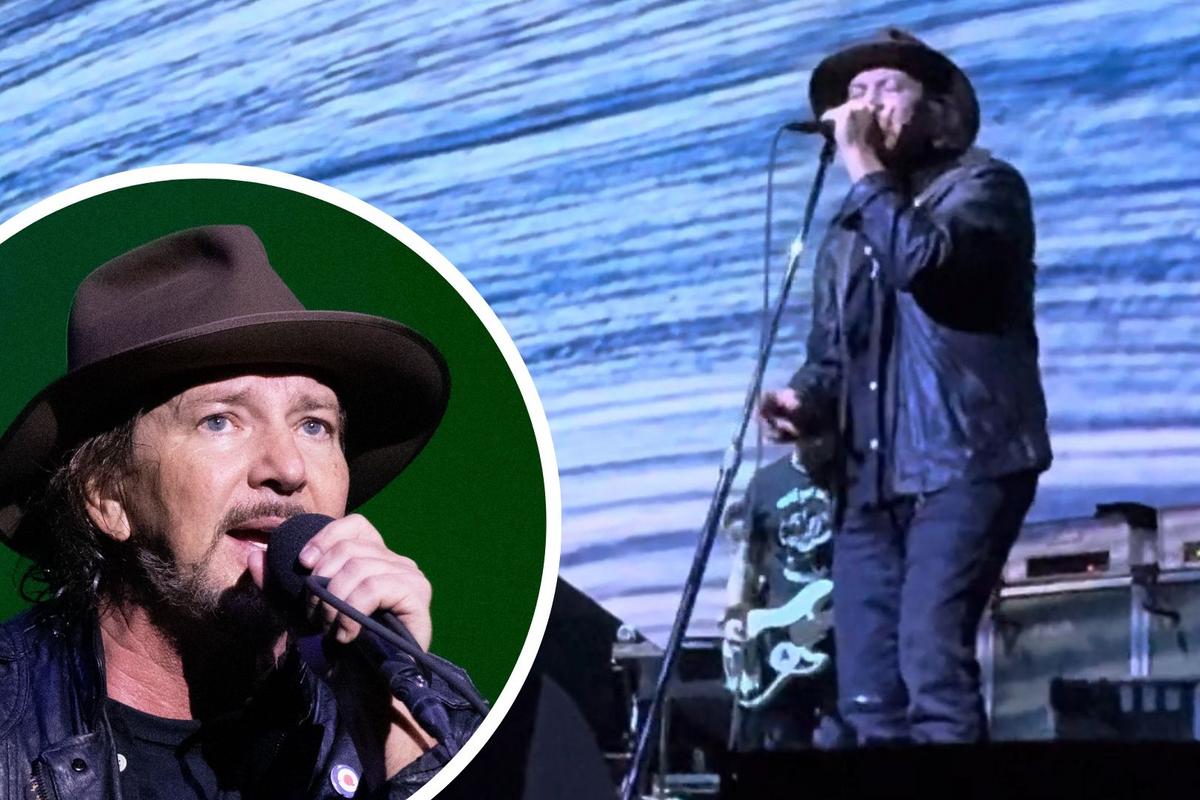YouTube is planning to roll out a new artificial intelligence tool that will allow creators to make videos using the voices of popular recording artists — but inking deals with record companies to launch the beta version is taking longer than expected, sources tell Billboard.
The new AI tool, which YouTube had hoped to debut at its Made On YouTube event in September, will in beta let a select pool of artists to give permission to a select group of creators to use their voices in videos on the platform. From there, the product could be released broadly to all users with the voices of artists who choose to opt in. YouTube is also looking at those artists to contribute input on that will help steer the company’s AI strategy beyond this, sources say.
The major labels, Universal Music Group, Sony Music Entertainment and Warner Music Group, are still negotiating licensing deals that would cover voice rights for the beta version of the tool, sources say; a wide launch would require separate agreements. As label leaders have made public statements about their commitments to embracing AI in recent months, with UMG CEO Lucian Grainge saying the technology could “amplify human imagination and enrich musical creativity in extraordinary new ways” and WMG CEO Robert Kyncl saying, “You have to embrace the technology, because it’s not like you can put technology in a bottle” — some music executives worry they’ve given up some of their leverage in these initial deals, given that they want to be seen as proponents of progress and not as holding up innovation. Label executives are especially conscious of projecting that image now, having shortsightedly resisted the shift from CDs to downloads two decades ago, which allowed Apple to unbundle the album and sent the music business into years of decline. Some executives say it’s also been challenging to find top artists to participate in the new YouTube tool, with even some of the most forward-thinking acts hesitant to put their voices in the hands of unknown creators who could use them to make statements or sing lyrics they might not like.
The labels, sources say, view the deal as potentially precedent-setting for future AI deals to come — as well as creating a “framework,” as one source put it, for YouTube’s future AI initiatives. The key issues in negotiations are how the AI model is trained and that artists should have the option to opt-in (or out); and how monetization works — are artists paid for the use of their music as an input into the AI model or for the output that’s created using the AI tool? While negotiations are taking time, label sources say YouTube is seen as an important, reliable early partner in this space, based on the platform’s work developing its Content ID system that identifies and monetizes copyrighted materials in user-generated videos.
Publishing, meanwhile, is even more complicated, given that even with a small sampling of artists to launch the tool at beta there could be hundreds of songwriters with credits across their catalogs — which would be sampled by the model. Because of this, a source suggests that YouTube may prefer paying a lump sum licensing fee rather that publishers will need to figure out how to divide among their writers.
As complicated as the deal terms may be, sources say music rights holders are acting in good faith to get a deal done. That’s because there’s a dominant belief this sort of technology is inevitable and if the music business doesn’t come to the table to create licensing deals now, they’ll get left behind. However, one source familiar with the negotiations says this attitude is also putting music companies at a disadvantage because there is less room to drive a hard bargain.
For months, AI-soundalike tools that synthesize vocals to sound like famous artists have been garnering attention and triggering debate. The issue hit the mainstream in April when an anonymous musician calling himself Ghostwriter released a song to streaming services with soundalike versions of Drake and The Weeknd on it that he said were created with artificial intelligence. The song was quickly taken down due to copyright infringement on the recording, not based on the voices’ likenesses, but in the aftermath a month later Billboard reported that the streaming services seemed amenable to requests from the major labels to remove recordings with AI-generated vocals created to sound like popular artists.
In August, YouTube announced a new initiative with UMG artists and producers it called an “AI Music Incubator” that would “explore, experiment and offer feedback on the AI-related musical tools and products,” according to a blog post by Grainge at the time. “Once these tools are launched, the hope is that more artists who want to participate will benefit from and enjoy this creative suite.” That partnership was separate from the licensing negotiations currently taking place and the beta product in development.
On Wednesday, UMG, Concord Music Group, ABKCO and other music publishers filed a lawsuit against AI platform Anthropic PBC for using copyrighted song lyrics to “train” its software. This marked the first major lawsuit in what is expected to be a key legal battle over the future of AI music, and as one source put it a signal that major labels will litigate with AI companies they see as bad players.



